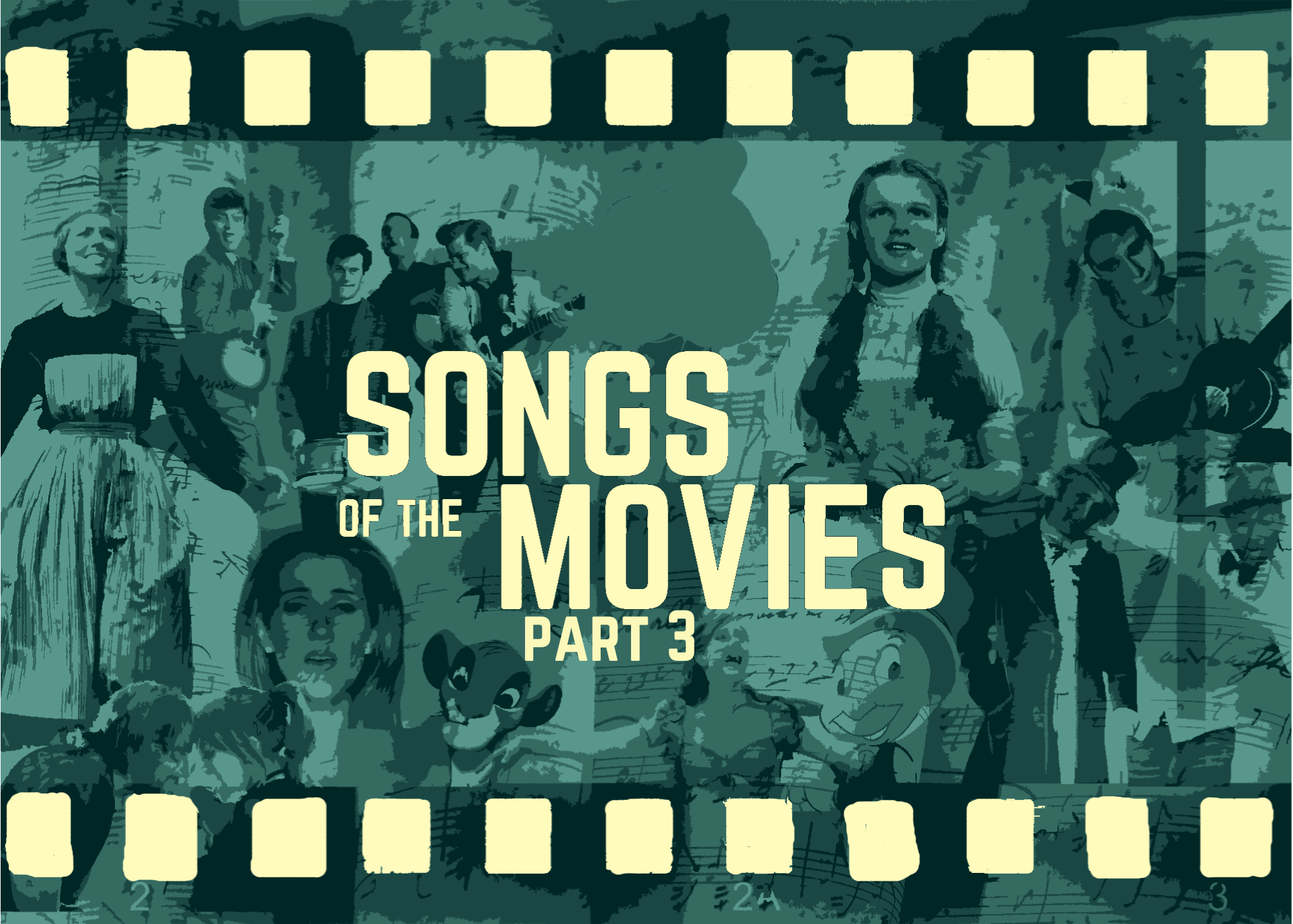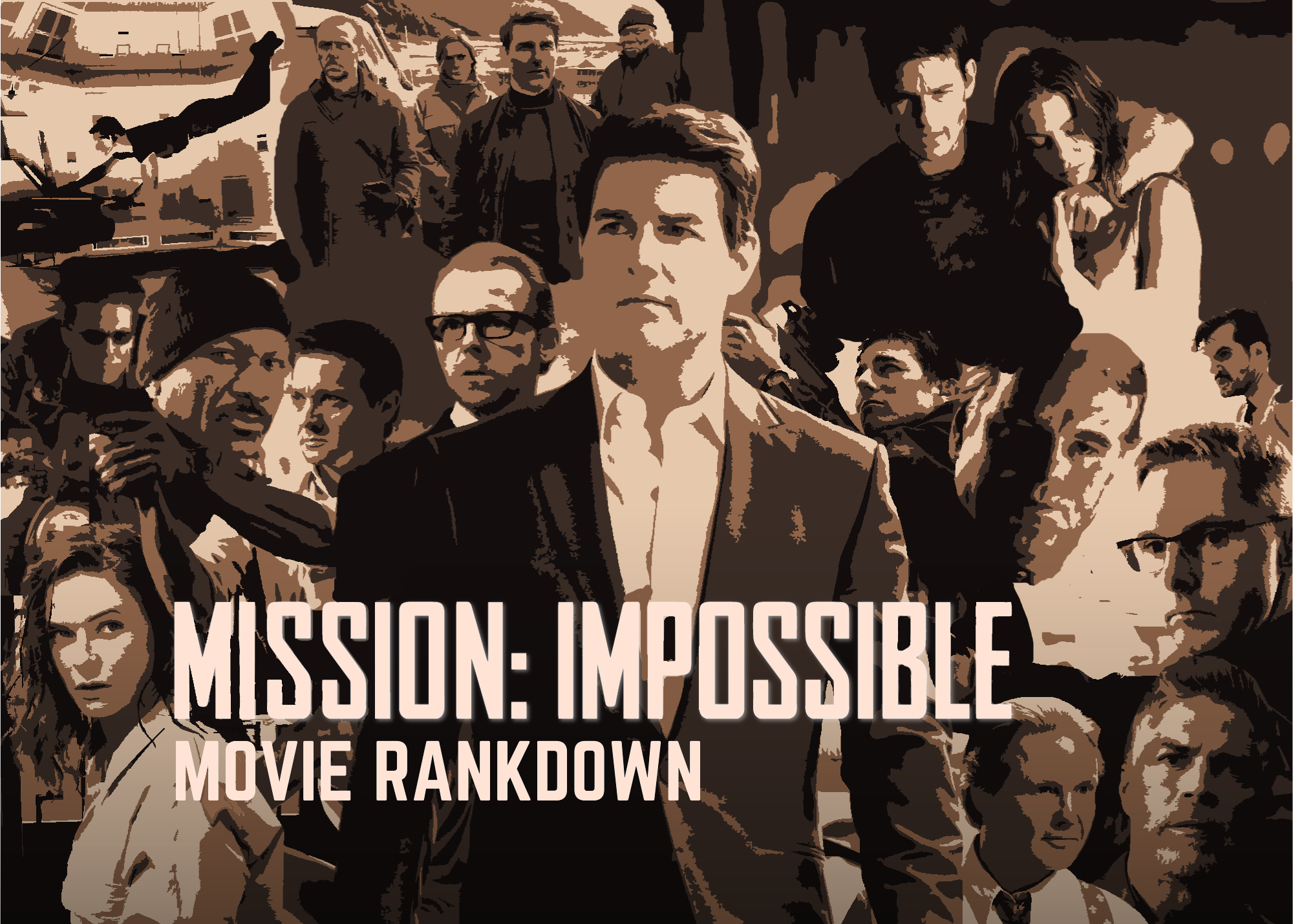Review: "Thor: Love and Thunder" Offers Neither
The MCU continues its slow decline with another uninspired entry into Thor's canon.
ModernIn 1999, Warner Bros. Animation sent off its five-year animated series, Animaniacs, with a direct-to-video film called Wakko’s Wish. It was chock-full of beloved characters, catchy songs, and references to conglomerate takeovers, legendary film actors, and Flavor Flav. Best of all, it was a simple story of everyone giving chase to the fabled “Wishing Star,” which grants the first person to touch it one wish.
At film’s end, the three Animaniacs (Yakko, Wakko, and Dot) get fired upon by the evil King Salazar, injuring Dot, who feigns death to give Wakko the chance to seize the Wishing Star; despite the King’s best efforts, he reaches the star. Wakko’s wish?
Two ha’pennies.
He uses the first coin to give Dot a beauty mark, the second to buy food and Lakers tickets. The workers he pays use their wages to spend elsewhere, and the circular flow of income returns the town to prosperity.
Wakko’s Wish did not amass a vast audience or get a theatrical release, but those who grew up with it know its genius. Thus, there’s something to be said for Thor: Love and Thunder, the latest installment in the world’s highest-grossing film franchise, poaching such a concept and creating one of the MCU’s worst installments.
Thor, having teamed up with the Guardians of the Galaxy following the events of Endgame, has lost his way. Finding it means returning to New Asgard to defend it from evil. In doing so, he reunites with his ex-girlfriend, Dr. Jane Foster, who uses Mjolnir, the legendary hammer, to heal herself from stage 4 cancer. When Gorr the God Butcher kidnaps the village’s children as part of a plan to kill all gods, Thor must team up with Jane, warrior-king Valkyrie, and former gladiator Korg to save them all.
Unfortunately, none of that is as gripping as it sounds, and for one reason: Thor is not a compelling character.
Culturally, we are familiar with Thor and his hammer; seeing the Norse God on screen is a form of wish fulfillment. It’s a semi-bankable sentiment but not one that will serve a studio well artistically. The MCU has refused to give Thor a personality other than childish arrogance and neediness. Inflexibility does not allow him to fit, so he sticks out in every Avengers movie and does not mesh with the Guardians of the Galaxy. He only has functionality as a lead, but he does not justify a solo film, let alone four.
It explains the tonal shift following The Dark World; Thor has no dramatic weight. You cannot make a leading character empty and expect investment. Thor needed humor, quirk, goofiness, and excess. Love and Thunder follows in Ragnarok’s footsteps and gives them to him, but it's compensation. After 11 years, the franchise does not know how to write Thor, so the style is hard to enjoy, even more when it feels disingenuous.
Everything is stretching for something it never reaches. Omnipotent City and the Shadow Realm are intriguing conceptually, but the execution never matches that promise. Wakanda offered tremendous attention to detail, blending the futuristic action spectacle of the MCU with authentic African traditionalism. No such attention got paid here; the Shadow Realm is just a dusty moon, and Omnipotent City is a lame reimagining of the Hanging Gardens of Babylon.
The humor never lands, and the aims at representation are pandering. The franchise struggles without constant quipping and remains without a homosexual male who employs the same lustful gazes or longing looks even the most awkward, heterosexual MCU romances are allowed. Such would be too much for the franchise’s predominantly male, “woke”-averse audience. Love and Thunder thus offers Korg (who is not human and so can get written off as a joke) relaying the mating rituals of his home planet, which gets penned as a circumstance of gender dynamics rather than a concerted choice to live a homonormative life.
One must take risks to be "irreverent." What risk is there in distinguishing yourself with classic rock undertones and then picking a song as contrived and overplayed as “Sweet Child O’ Mine?” What risk is there in making the punchline of a scene stripping off a bonafide superhunk and showing his backside? Love and Thunder is desperate to give the appearance of individuality but plays it just as safe as most MCU entries.
It’s why Jane Foster's return is solely through a male lens. She fits into the only two female molds the MCU’s writers can manage (unless you're Gamora): eye candy and woman who stops being eye candy so she can kick ass. If the franchise had earlier introduced female screenwriters, the foundation wouldn't be so rigid that even having half the writing team be fame would not be enough to avoid the tropes. As it is, Jane is no more than Pepper Potts in an iron suit. Love and Thunder is so inept at female nuance that it gives Foster terminal cancer to avoid making her a genuine human being.
Unfortunately, impending death will not inspire care for a character who’s been absent for nearly a decade and offered nothing during her tenure. The MCU features many ridiculous romances, but none rival the non-existent chemistry and forced attraction between Thor and Jane. Love and Thunder is so aware of their incompatibility that it gives us a montage that screams, “Look, they were in love!”
The same direct “storytelling” aims to make its villain appear like more than a stereotypical mastermind bent on world domination. The opening scene, where Gorr loses his daughter only to have his god mock the loss and exploit his devotion, screams at us to embrace the God Butcher as more than Iron Man 3’s Aldrich Killian or Ant-Man’s Darren Cross, but we can’t. You cannot offer a villain with legitimate motivations, an anguish we can empathize with, then rob him of agency by blaming his actions on the influence of a magical sword.
It’s a waste of a generational actor and an intriguing premise, all in favor of shoe-horning gags to distract us from narrative inconsistencies. Alas, said inconsistencies are so egregious it makes the gag’s true intentions shine clearly, and the uselessness of their role all the plainer. The Omnipotent City sequence feels like a scene that a writer was too pompous to cut. It’s a reason to strip down Chris Hemsworth, draw laughs with a Russell Crowe cameo, and, narratively, capture Zeus’ famous lightning bolt, an unnecessary plot point considering how little impact the weapon has on the story. Its accomplishments could have occurred with Mjolnir or Stormbreaker, Thor’s mighty ax; the writers pretend otherwise to give their scene purpose.
Of course, this is the problem when people involved in franchises view themselves as above the art. The MCU may be popcorn entertainment, but as Top Gun: Maverick showed us this summer, there is an art to crafting such movies. No detail should exist because you willed it into existence; no sequence should occur that’s better in the mind than the movie. Marvel has lost its magic to formula; the old saying goes, “If it ain’t broke, don’t fix it." Conversely, one could argue that something not being broken doesn’t mean it works.
It raises the question of what “working” truly means. A microwave can cook food, but if it does so unevenly, does that constitute genuine functionality? The franchise still draws massive box office returns with established heroes, but the cultural engagement is declining. We can pawn this off on oversaturation, but the more pressing issue is the creative team's attachment to their role instead of the story. Thor has had over a decade of appearances which have gone in new tonal directions, but he's never evolved into what the writers falsely believe he has become. Since he is the same, his movies, though different on the surface, are unchanged.
You can correct course and lean into a new direction, but that doesn’t mean the product will suffice. It’s confusing how, 11 years and four solo films later, the MCU has no clue what to do with Thor. Everything is always happening to him; he gets betrayed, left, or lost, but none of it shapes him. Love and Thunder tells us it does and relies on the screenwriting principle that you can speak things into existence. Unfortunately, the effort remains absent. Thor will stay the same because the franchise refuses to write him otherwise; so long as that holds, everything for which Love and Thunder stands invalidates its existence.
So, what do we do with a lifeless entry in an exhausting franchise that does not honor its titular hero or stop loving its lame attempts at lunacy to realize that wailing goats are a one-off gag? We despise it, hope that the MCU learns from its many Thor-centric mistakes, and, next time out, gives us a movie with a little more love and thunder.
.png)
23
Director - Taika Waititi
Studio - Marvel Studios/Walt Disney Studios Motion Pictures
Runtime - 119 minutes
Release Date - July 8, 2022
Cast:
Chris Hemsworth - Thor
Natalie Portman - Dr. Jane Foster/Mighty Thor
Tessa Thompson - Valkyrie
Christian Bale - Gorr the God Butcher
Taika Waititi - Korg
Russell Crowe - Zeus
Editor - Matthew Schmidt, Peter S. Elliot, Tim Roche, Jennifer Vecchiarello
Cinematography - Barry Idoine
Screenplay - Taika Waititi, Jennifer Kaytin Robinson
Score - Michael Giacchino, Nami Melumad

%20(13%20x%206%20in)%20(13%20x%204%20in).png)





































.png)






.png)